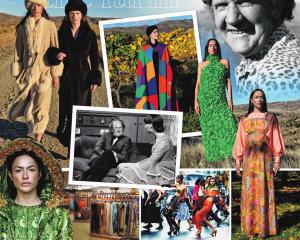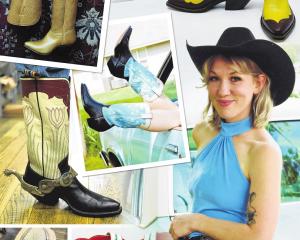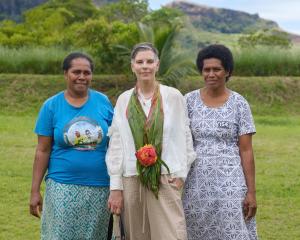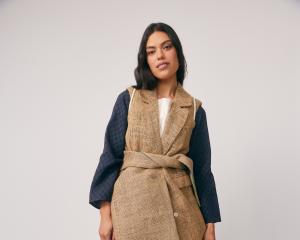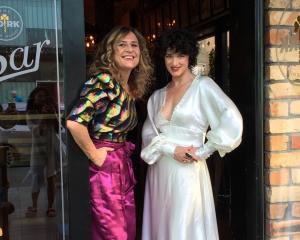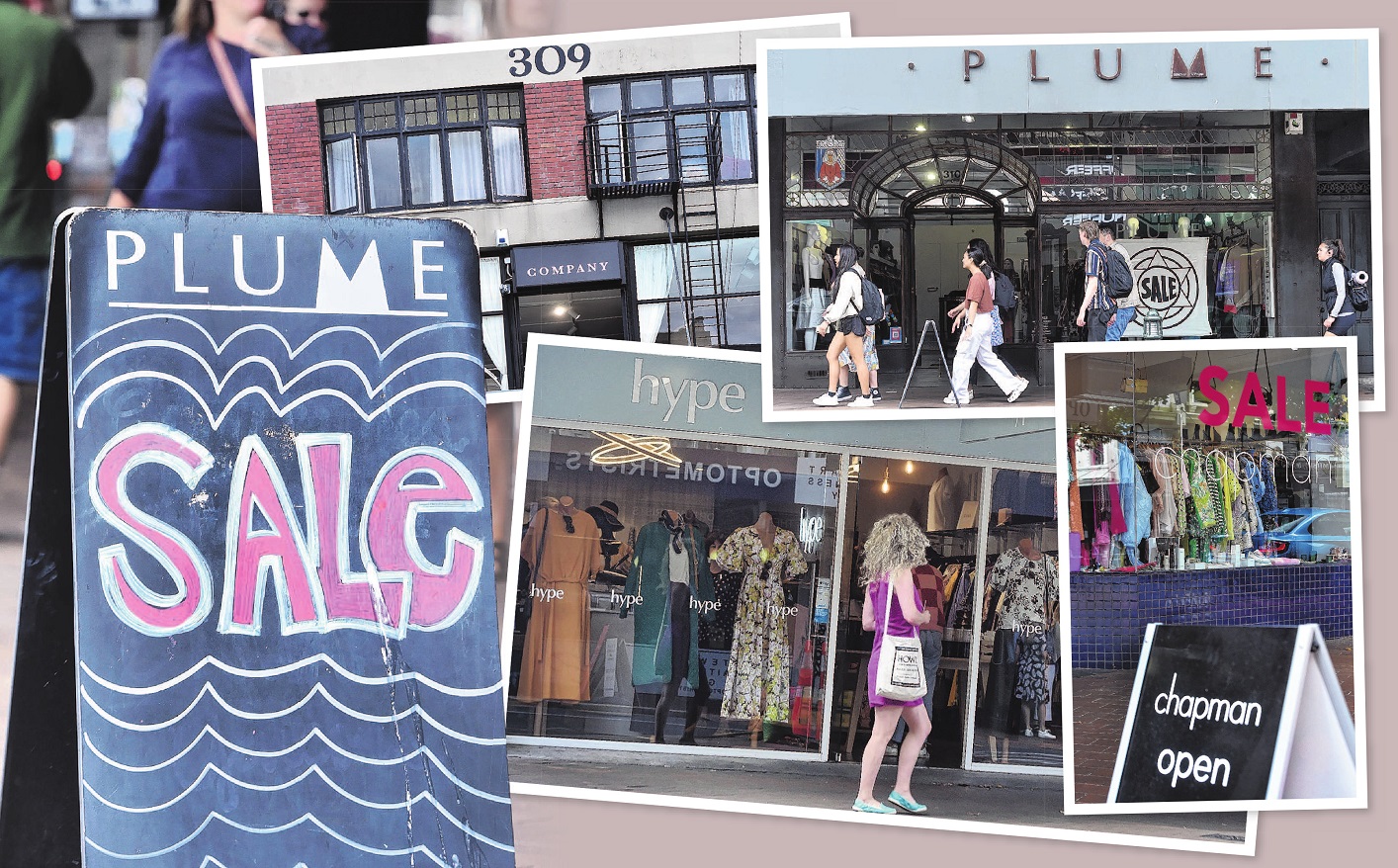
From supply issues and unprecedented weather to global pandemics and economic crises, few industries have come through the last few years unscathed, including fashion.
But despite the significant setbacks and ongoing challenges (including some pesky roadworks), four Dunedin fashion retailers say they’re cautiously optimistic about the future, and are grateful for the support of the local community.

And while some things have stayed steady, there are also noticeable shifts, from the way people are buying to what they’re buying - and what they’re not.
"People are buying colour," says Amy Chapman, co-owner and co-director of Chapman.
"Overall, black has slowed right down for us. People are also buying more conservatively and thinking more long term in terms of wearability. This is smart, I think, as this is how I shop for myself and my family."
Chapman, who formerly owned Slick Willy’s and has been involved in the Dunedin fashion industry since she was 17, says things have been "a bit slower, I would say, than the previous two years, but a lot of things have changed".
"All the talk in the media about the recession is really scaring people into saving versus spending. I am realistic that the cost of living has increased and times are harder but I also think the people that may not be affected are also not spending as much and as often due to all the articles plastered all over the internet.
"The other thing that really affects not just us but all New Zealand retail is Kiwis shopping online from offshore retailers instead of local ones. I know sometimes it is more expensive to shop locally but ‘if you don’t use us, you lose us’, and I would hate to see more empty stores in George St."
However, "it’s not all doom and gloom", says Chapman.
"I am feeling positive about the future of Chapman and will keep working hard to keep our store open."

Robertson, who has been running Plume since 1978 and first launched NOM*d in order to have a local label to stock there, says their customers are turning instead to elevated takes on basics.
"We seem to be moving lots of T-shirts and socks right now, both in store and online," she says.
"When I look at the sales figures from January to now, it’s huge numbers, especially online. Some people are buying one pair of socks, others buying three - it’s quite incredible."
The appeal of these more accessible items also lies in that they are not trend-driven, Robertson says.
"Basically everybody needs T-shirts and socks. And we’re lucky that NOM*d falls into a category that’s quite desirable. Everything’s made in New Zealand, and I think that’s a nice tag for people purchasing too. And also with the T-shirts, they’ve got an art element to them."
The fact that people aren’t yet seeking coats and knitwear has worked out well this year, she says.
"We’re still selling ‘summer’; we won’t drop anything ‘winter’ until March probably, and we’ve been lucky that it hasn’t been cold. Stock is starting to come into the workroom but we really like to put it into the store when there’s a story, not just one or two pieces.
"And then in saying that, some of our manufacturers who are based in the North Island have been affected by the storms they’ve been having, and then a lot of people are being affected by illness too. There’s a lot of staff illness.
"So the world’s just different, you know, but we’re still truckin’ on. We have been on this rollercoaster before so it’s not a new experience. We will get back to the top.
"We are quite fortunate that we have such a loyal client base, and in our location. Obviously there are other retail areas but they’re not as intensely shopped as the main street of Dunedin is, George St is. So that’s part of the strength of the city, I think.
"Fashion retail in Dunedin is still really strong for us. I feel we are quite special to be living here in such a supportive and loyal environment."

"It’s a little too early to tell, as we have just come off summer sale and introduced the new season stock. But early signs are that it should be a good season."
They have been surprised to find "the higher and more luxury end of our offerings have been the strongest in sales", Tiplady says.
"This has been a trend since reopening after Covid, which was quite unexpected.
"People want quality investment pieces that will last for seasons to come. We have noticed much more attention paid by customers to the fibre content of a garment and this having a greater impact on their decision to purchase or not."
At ground level - literally - there’s also roadworks to contend with.
"The most obvious thing I can think of here is all the roadworks and street closures," says Tiplady, when asked what she thinks might be affecting sales.
"So far we haven’t noticed a decline in foot traffic, but our block isn’t being worked on until the end of the year. It will be amazing when it’s done! Our store just celebrated 20 years and in that time nothing has changed or been upgraded on our section of George St."

"So far for us, the market has been the same to date as last year. January-early February is not a good gauge of the year to come, as we know, as we are all focused on family time, holidays and sunshine, not shopping."
She is hopeful that the industry will see positive change from the reset that’s occurring in the wake of Covid.
"A lot of people post-pandemic have really gotten into shopping local, buying sustainably and buying from New Zealand businesses. I do see this continuing - if it’s not versatile and long-lasting, they don’t identify the same value to supporting that brand.
"I really hope this will reset New Zealand fashion to growing our industry back to where it should be - we need more new skilled makers, manufacturers and technicians in our industry," Munro says.
Chapman

Kowtow Marlow blouse, $269 at Chapman.
Company
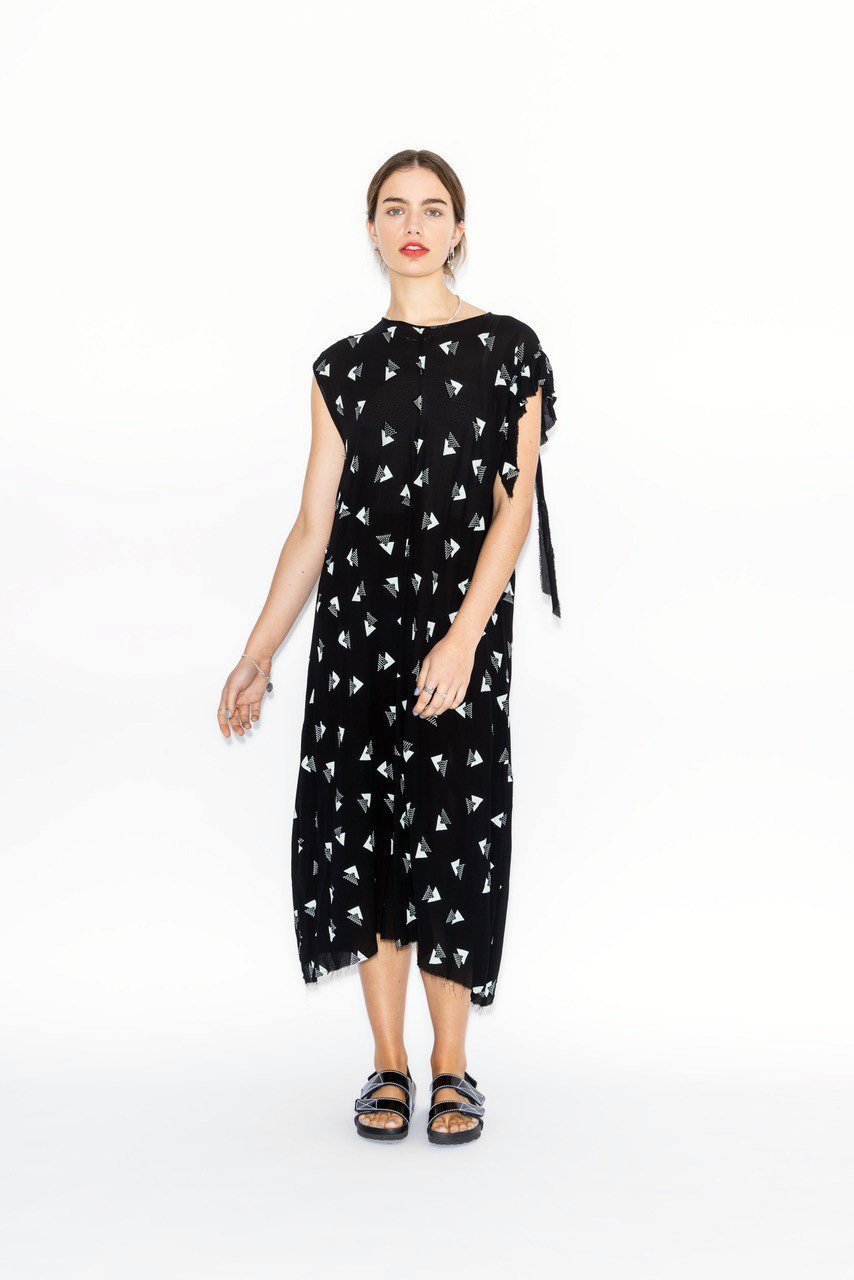
Lela Jacobs
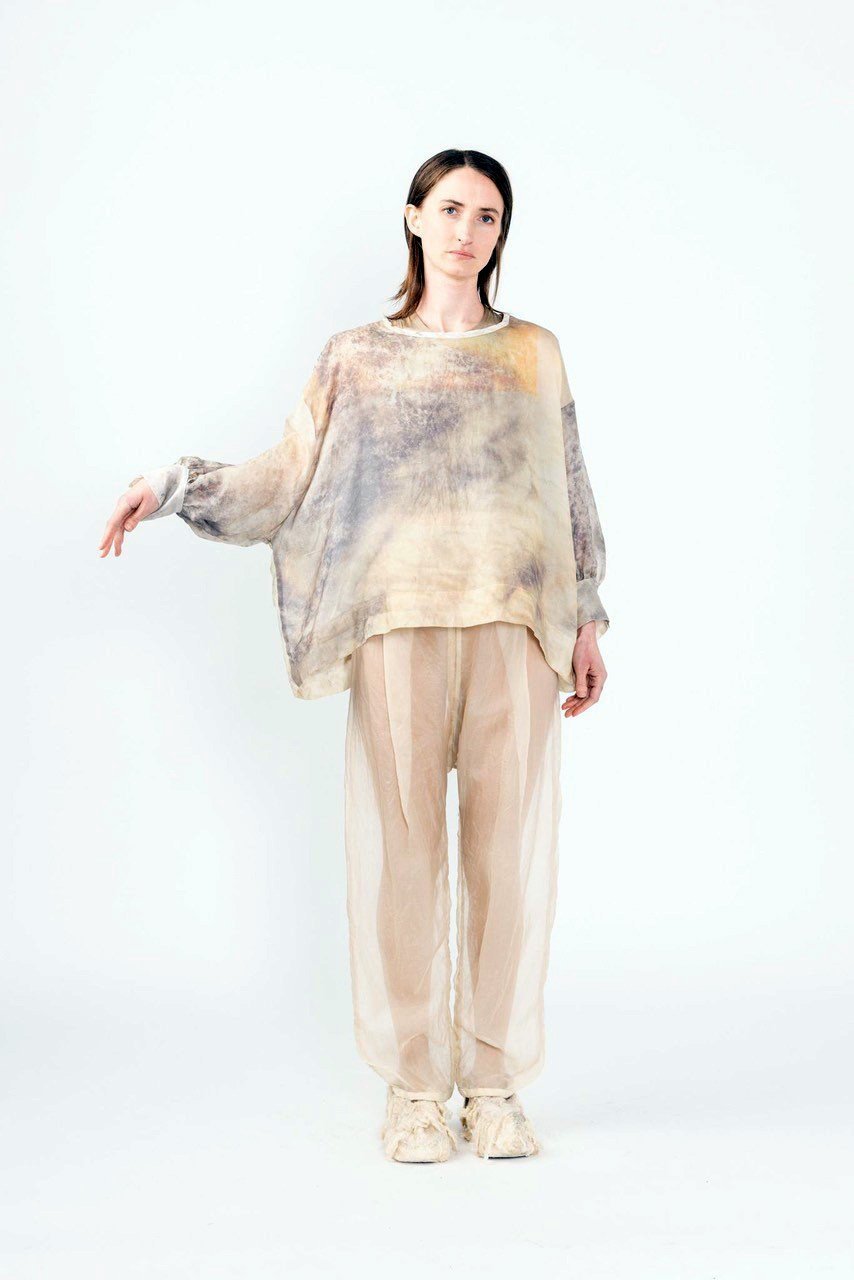
Belle Bird


